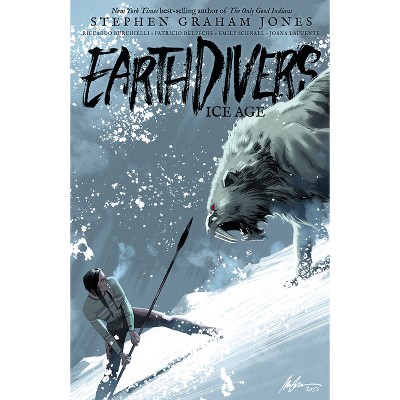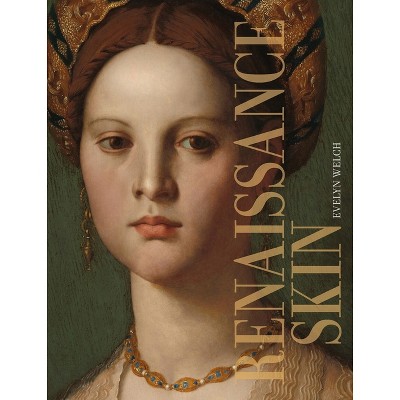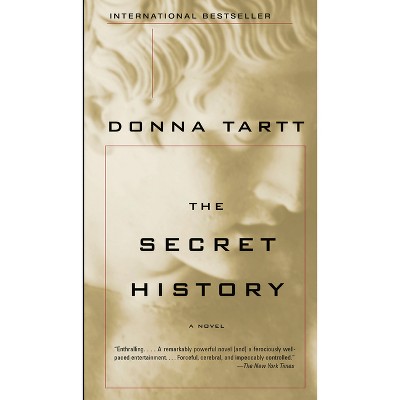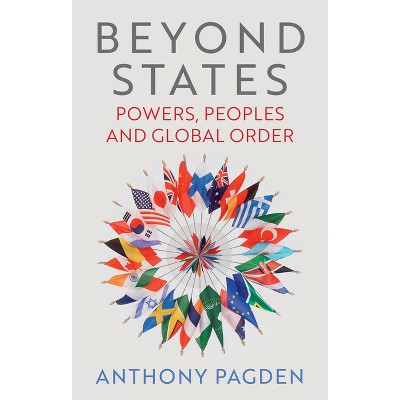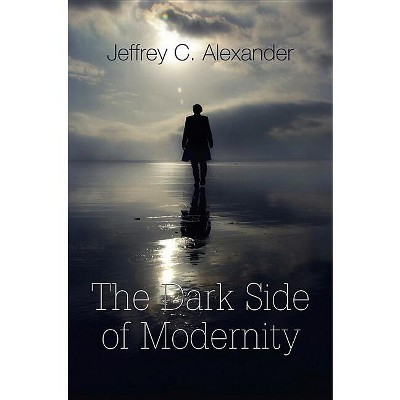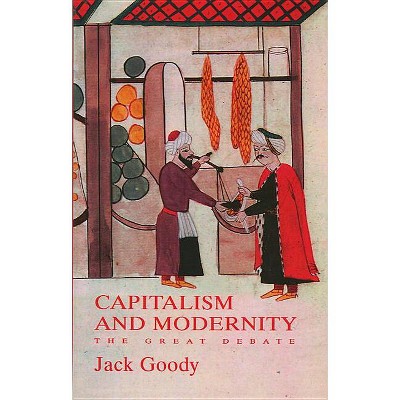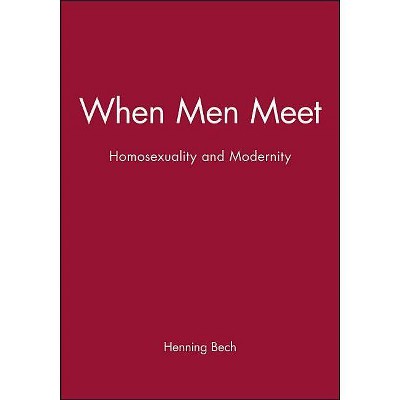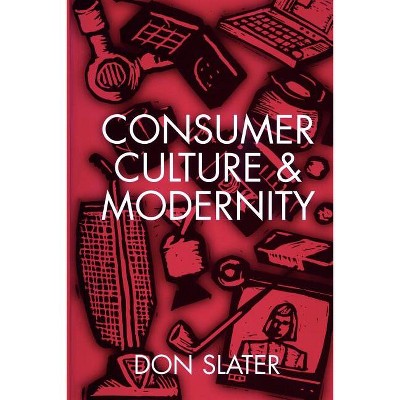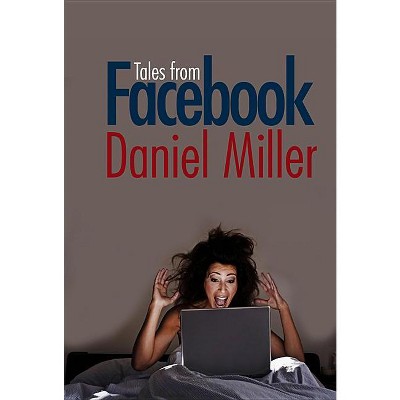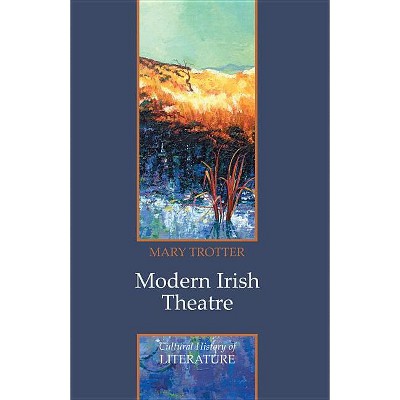Sponsored

Cinema and Modernity - by John Orr (Paperback)
In Stock
Sponsored
About this item
Highlights
- This book discusses the complex relation between modernity and cinema drawing particularly upon the European and American cinema during the second half of the twentieth century.
- About the Author: John Orr is the author of several previous books including, The Making of the Twentieth Century Novel (1987) and Cinema and Fiction (co-author, 1992).
- 240 Pages
- Performing Arts, Film
Description
About the Book
This book discusses the complex relation between modernity and cinema, drawing particularly upon the European and American cinema during the second half of the 20th century.Book Synopsis
This book discusses the complex relation between modernity and cinema drawing particularly upon the European and American cinema during the second half of the twentieth century. Orr attempts to rethink the relation of film-making to the contemporary world challenging many of the critical complacencies of post-modernism and offering a fresh perspective upon the development of the modern cinema.From the Back Cover
This book discusses the complex relation between modernity and cinema drawing particularly upon the European and American cinema during the second half of the twentieth century. In this period, the author argues, the terms `modernist' and `post-modern' are both inappropriate to the cinema's critical vision of modernity. Instead there emerges a neo-modern movement which subverts American melodrama and supplants Italian neo-realism, yet also echoes the earlier modernisms of Dreyer, Eisenstein, Bunuel and Fritz Lang.In the American cinema attention is paid to the work of Welles, Hitchcock and the changing patterns of film noir. In the European cinema, the author re-assesses the French New Wave, the Italian cinema after neo-realism and the complex retro-vision by European film-makers of the politics of fascism. The work of Bergman, Antonioni, Godard, Bertolucci, Rohmer and Wenders is discussed in relation to the changing role of cinematic space and modern vision of the automobile and the city, together with the new forms of tragicomedy and apocalypse in the cinema of the nuclear age.
The book regards critique as the dominant mode of film study, thus breaking down the artificial boundaries which currently exist between theory, history and textual reading. Its intellectual heritage lies firmly in the writings of Nietzsche, Freud and Sartre, and opposes the current dependence upon semiology and post-structuralism. It is thus an attempt to rethink the relation of film-making to the contemporary world. The book challenges many of the critical complacencies of post-modernism and offers a fresh perspective upon the development of the modern cinema.
It will be essential reading for all students of film theory, popular culture and communications.
Review Quotes
'This book offers a refreshing re-appraisal of some of the more interesting trends in western cinema from the late 1950s to the mid 1970s. Cinema and Modernity is a thoughtful and stimulating contribution to film scholarship which successfully combines critical insight with an acute awareness of the cultural and political forces which shaped western industrial society in the post-war world.' Duncan Petrie, British Film Institute
'The most refreshing aspect about this very readable book is its perspective. The author discusses a wide range of European and American films, including a number of contemporary titles, in the light of the major cultural and political forces which have shaped Western industrial society this century. Provocative, challenging. Recommended.' Media Information Australia
'... The discussion ranges widely.... There is a great deal of interesting material here. The book has many rewards and insights. ... The discussions of particular films... are the best things about this book. Often what is said is suggestive, inviting a re-reading or re-assessment of the works.' British Journal of Aesthetics
'... Engaging and intelligent analysis of post-war cinema... I have no compunction in recommending this work to students and scholars alike as a central text for any discussion of modernity and film.' Sociology
'... A fine polemical introduction to the nature of cinemagraphic experience as a mirror of culture.' The Reader's Review
About the Author
John Orr is the author of several previous books including, The Making of the Twentieth Century Novel (1987) and Cinema and Fiction (co-author, 1992).Shipping details
Return details
Frequently bought together
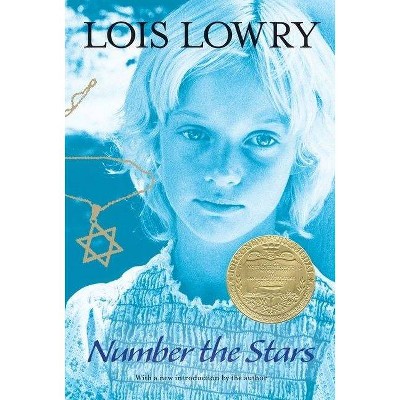
Trending Non-Fiction




